Pears are one of the most characteristic fruits of autumn. This fruit has been well-known to humans since the ancient times. Pears are even praised in Homer's "The Odyssey".
In ancient Rome, pears were an indispensable part of fruit dishes, which the wealthiest Romans feasted on. Proof of this are the frescoes and ancient writings which has survived to this day.
Nowadays we mostly eat raw pears - as a dessert, but also canned - in the form of compote, jams and marmalades. Some people even prepare roasted pears.
An especially healthy dessert during the fall and winter months is a fruit cocktail containing a combination of different fresh fruits - apples, bananas, kiwis and oranges.
Fresh pears are a real healthy cocktail of beneficial substances, organic acids, micronutrients - iron, copper, zinc. 3.5 oz (100 g) of the fruits contain 120 mg malic acid, 70 mg citric acid and up to 3 mg oxalic acid.
Pears contain iodine, making them especially suitable for people who live in areas with iodine deficiency. Pears can meet the minimum requirement of this micronutrient for a person, which is needed for the thyroid gland and is linked with human intellect.

Among the most famous varieties of pears are:
- Fuji, which are soft, juicy and flavorful. A sweet variety of pear.
- Gala, crunchy, with a sweet and strong taste.
- Bartlett, a yellow variety, with a soft consistency and incredibly juicy.
- Anjou, a very juicy pear, which is especially suitable for various salads.
- Asian, crunchy and juicy, subtly sweet.
The pear is an exceptionally delicate fruit. After picking it from a tree, especially if it is overripe, it quickly spoils and darkens. The winter pear, which has a grainy inside, lasts longer.
Keep in mind that once cut, a pear quickly oxidizes and browns. To prevent this, sprinkle your pears with lemon juice.
When buying them, choose fresh rose with a healthy and intact surface. Pears can be stored in the refrigerator. They are not suitable for freezing.
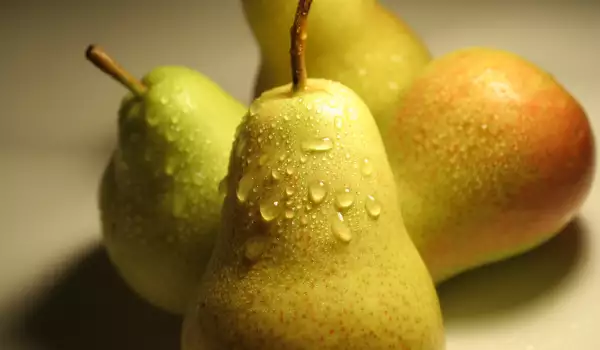





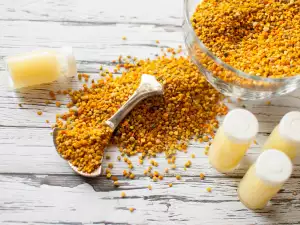
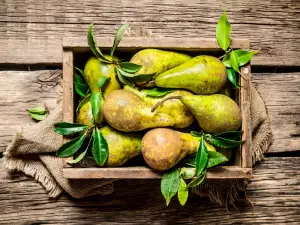
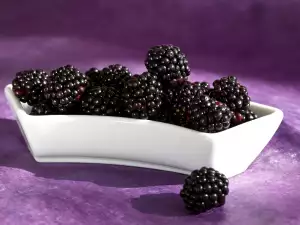

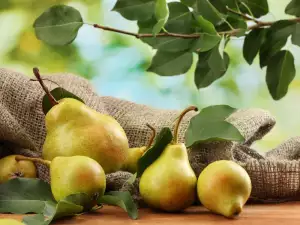
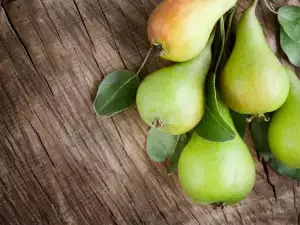

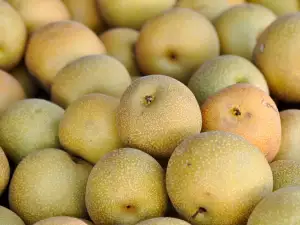
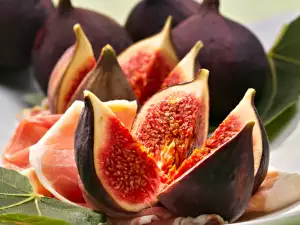





Comments